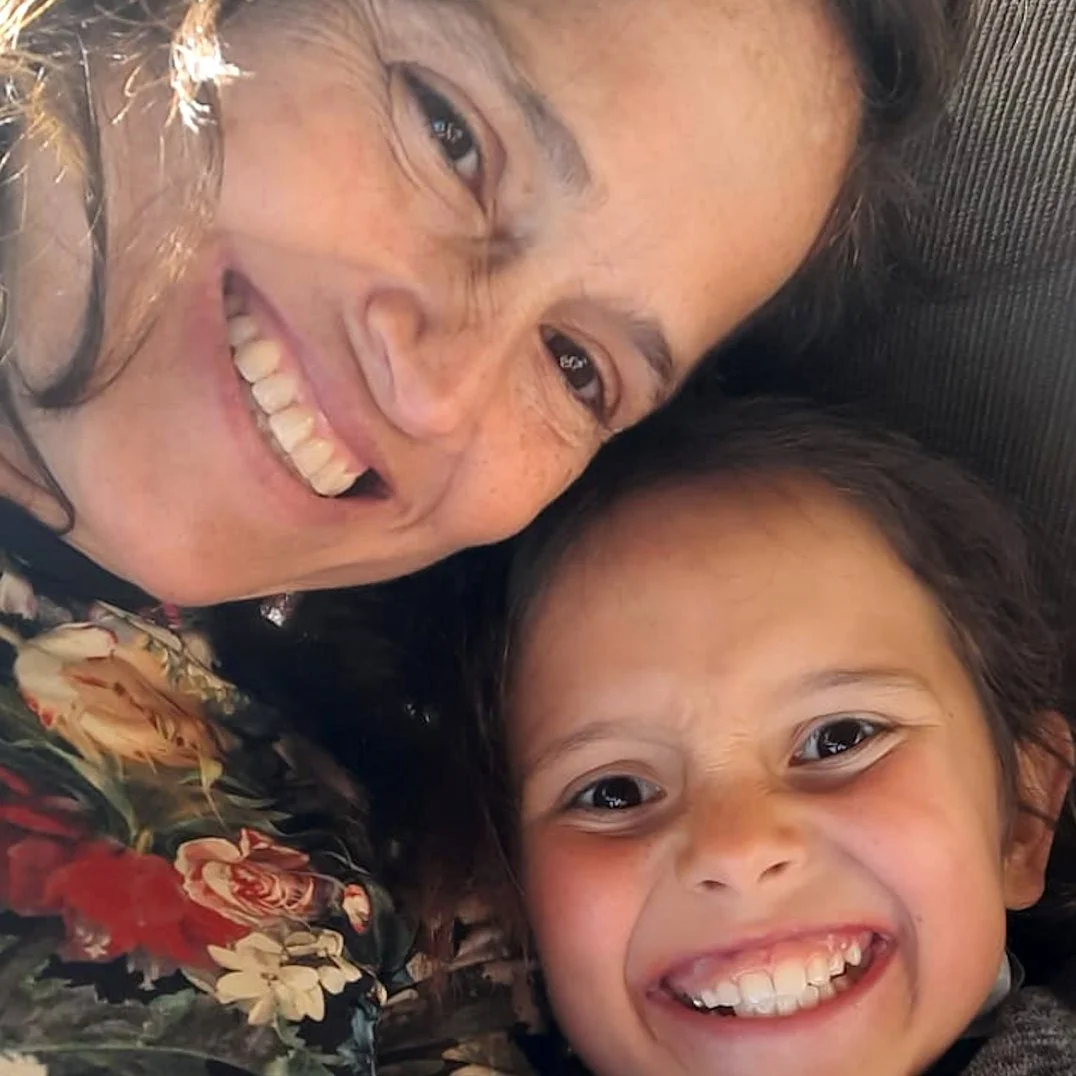Paula de Tezanos Pinto
Dr Paula de Tezanos Pinto is an independent investigator at Instituto de Botánica Darwinion, CONICET, in Argentina. Despite the challenges of juggling motherhood and academia, Paula is happy to be a scientist and mom to her curious daughter. In an interview with our team, Paula shares her ups and downs in caring for her daughter during the early years, and how she found support and role models in her supervisors.
Read her career and motherhood journey in Science: https://www.science.org/doi/10.1126/science.356.6339.774
1. Please describe your job in one sentence.
I am an ecologist working on harmful cyanobacteria, with the interest to collaboratively integrate the microscopic world with satellite monitoring. I am also active in communicating science and sharing skills that can help in career advancement.
2. What do you aspire to accomplish in your career and why?
I love to broaden the knowledge on the ecology and physiology of cyanobacteria, and how to monitor them at ecosystem scales using satellites.
3. What do you consider to be your most important career achievement or milestone?
For me, my most important achievement now is being part of a team of dependable colleagues whom I am learning from. Also, another of my important achievements is career advancement, especially because I remain motivated by my work, which intersects with research, outreach, and communication.
4. What career obstacles have you faced as a mother in STEMM? How did you overcome them?
I feel that I have faced more obstacles as a mother than as a woman (and a Latina), such as the lack of childcare, lack of breastfeeding facility at work, lack of sleep during the first 3-4 years of my daughter, less time, increased teaching load, less travelling, and cultural bias. In the past, I used to travel a lot when I was single, while after having my child Julieta (who is now 10 years old) I only travel for short periods for work until travelling stopped entirely. After 7 years, I attended my first overseas work trip of 11 days to attend an international conference. Over the years, I have probably overcome the obstacles related to academia through hard work, collaborations, and networking. I was lucky to have secured a permanent position before becoming a mom. It would be great if these barriers we face could somehow be translated into a metric when assessing our promotions, prizes, and grants to provide more equity for mothers in science. Whenever possible, at the individual level I try to raise awareness of these barriers by writing articles and participating in conferences, as well as discussing them in my talks, proposals or reports.
5. What was the best professional or personal advice you’ve ever received?
My PhD and postdoc advisors were mothers and good scientists, so I figured that if they could do it, I can do it as well. My postdoc advisor also showed me that everything was possible, and that was very inspiring. Also, my parents are always very supportive of whatever I chose to do.
6. How did MiS help you professionally and/or personally?
I am excited to be a part of this community. I have recently become a member and hope that together we can help other current and new mothers to reach equity in opportunities, promotions, grants, and prizes.
7. What advice would you give to a mother in STEMM?
For me being a mother and a scientist has been a great journey, which I enjoy. Despite the barriers and difficulties that I faced and continue to face, becoming a mother has somehow made me a better scientist. I am more effective, more flexible, more creative, think laterally, more focused and a better and happier person. My advice is that we can have the best of both worlds but pay attention to your choices and advocate for changes in the system that could help decrease the loads upon us.

